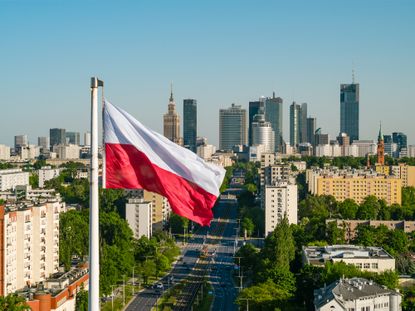Funds
The latest news, updates and opinions on Funds from the expert team here at MoneyWeek
Explore Funds
-

The top stocks and funds to buy according to DIY investors
Nvidia dropped out of Interactive Investor’s top ten most-bought stocks in January for the first time in six months as investors veered away from US megacaps
By Dan McEvoy Last updated
-

Are activists coming for your investment trust?
How can you tell if your investment trust might be targeted by activists? We look at the warning signs and how to know when a takeover might not be so bad
By Holly Mead Published
-

Saba Capital is doing wonders for shareholder democracy
Activist hedge fund Saba Capital isn’t popular, but it has ignited a new age of shareholder engagement, says Rupert Hargreaves
By Rupert Hargreaves Published
-

Exciting opportunities in biotech
Biotech firms should profit from the ‘patent cliff’, which will force big pharmaceutical companies to innovate or make acquisitions
By Max King Published
-

Why small investment trusts can make great investments
Often overlooked by larger institutions, smaller investment trusts can offer investors access to high-growth micro companies. We explore why they’re worth considering.
By Dan McEvoy Published
-

Edinburgh Worldwide shareholders reject Saba proposals
Today’s requisitioned general meeting of Edinburgh Worldwide shareholders has ended in another defeat for activist investor Saba Capital management
By Dan McEvoy Published
-

Tap income and capital growth in markets worldwide
Opinion Three investment trusts with potential for capital growth, selected by Adam Norris, co-portfolio manager of the CT Global Managed Portfolio Trust
By Adam Norris Published
Opinion -

Invest in forestry: a tax-efficient way to grow your wealth
Record sums are pouring into forestry funds. It makes sense to join the rush, says David Prosser
By David Prosser Published
-

The MoneyWeek investment trust portfolio – early 2026 update
The MoneyWeek investment trust portfolio had a solid year in 2025. Scottish Mortgage and Law Debenture were the star performers, with very different strategies
By Rupert Hargreaves Published
